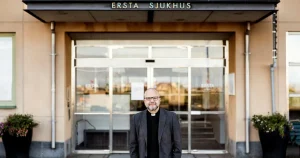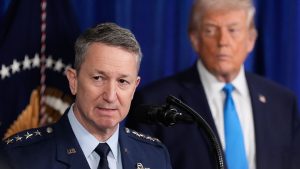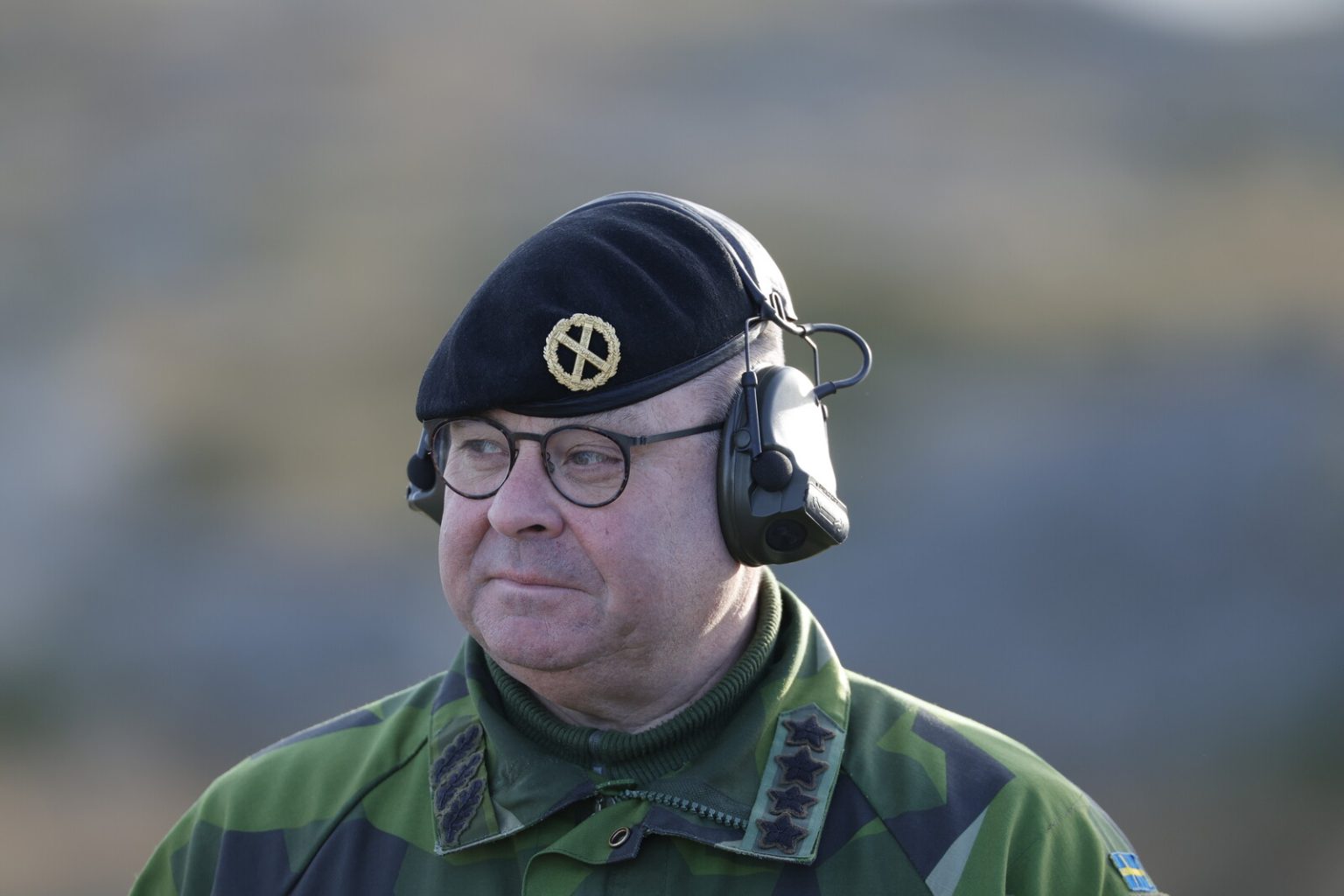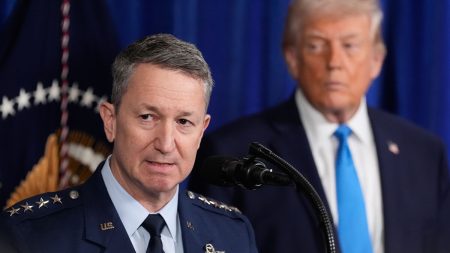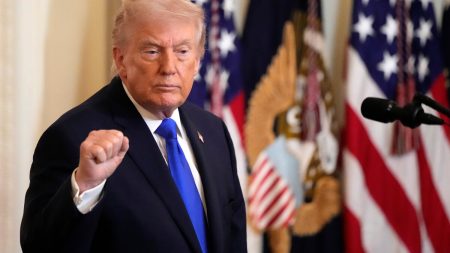Michael Claesson, Sweden’s newly appointed Supreme Commander, has expressed concerns about the insidious nature of Russian hybrid warfare, emphasizing its potential to sow discord and erode public trust within Swedish society. This form of non-military aggression, he argues, poses a more significant threat than a conventional invasion, utilizing misinformation, propaganda, and cyberattacks to manipulate public opinion and destabilize democratic processes. Claesson underscores the responsibility of Swedish politicians in countering this threat, highlighting the importance of maintaining a respectful and fact-based discourse in public debates. He believes that reasoned dialogue and a commitment to truth are crucial for fostering trust in political institutions and maintaining social cohesion, thereby mitigating the divisive impact of hybrid warfare tactics.
Claesson’s concerns reflect a growing awareness of the subtle yet potent impact of hybrid warfare in the modern geopolitical landscape. Unlike traditional military conflicts, hybrid warfare operates in the grey zone between peace and war, blurring the lines between civilian and military targets. It leverages a range of non-kinetic methods, including disinformation campaigns, cyberattacks on critical infrastructure, and economic pressure, to achieve strategic objectives without resorting to overt military force. This approach aims to undermine the target country’s stability and resilience from within, making it susceptible to external influence and manipulation.
The Supreme Commander’s emphasis on the role of political discourse in countering hybrid warfare highlights the importance of a robust and informed public sphere. By maintaining a commitment to factual accuracy and reasoned debate, political leaders can contribute to a more resilient society capable of withstanding the manipulative effects of disinformation and propaganda. This requires a concerted effort to promote media literacy, critical thinking skills, and a healthy skepticism towards unverified information. Furthermore, it underscores the need for transparency and accountability in government, which strengthens public trust and fosters a sense of shared responsibility in safeguarding democratic values.
Addressing the potential implications of incoming US President Donald Trump’s pronouncements on Greenland, Claesson advocates for a cautious and measured approach. He advises against overreacting to rhetorical statements and emphasizes the importance of distinguishing between political rhetoric and actual policy implementation. This pragmatic stance reflects a recognition that political pronouncements do not always translate into concrete actions and that a careful observation of subsequent policy developments is necessary before drawing firm conclusions.
Claesson’s call for a ”wait-and-see” approach to the evolving geopolitical landscape underscores the need for strategic patience and a nuanced understanding of international relations. While acknowledging the potential impact of changing global power dynamics, he emphasizes the importance of avoiding hasty judgements and focusing on tangible policy shifts rather than speculative pronouncements. This measured response allows for a more accurate assessment of the real-world implications of political developments, minimizing the risk of misinterpretation and overreaction.
In essence, Claesson’s perspective highlights the complex challenges posed by hybrid warfare and the importance of a multi-faceted approach to safeguarding national security. He emphasizes the crucial role of political discourse in building societal resilience against disinformation and manipulation, while also advocating for a pragmatic and measured response to evolving geopolitical dynamics. This measured approach, coupled with a focus on strengthening democratic institutions and promoting informed public debate, provides a framework for navigating the complexities of the modern security landscape and mitigating the risks posed by both conventional and non-conventional threats.



